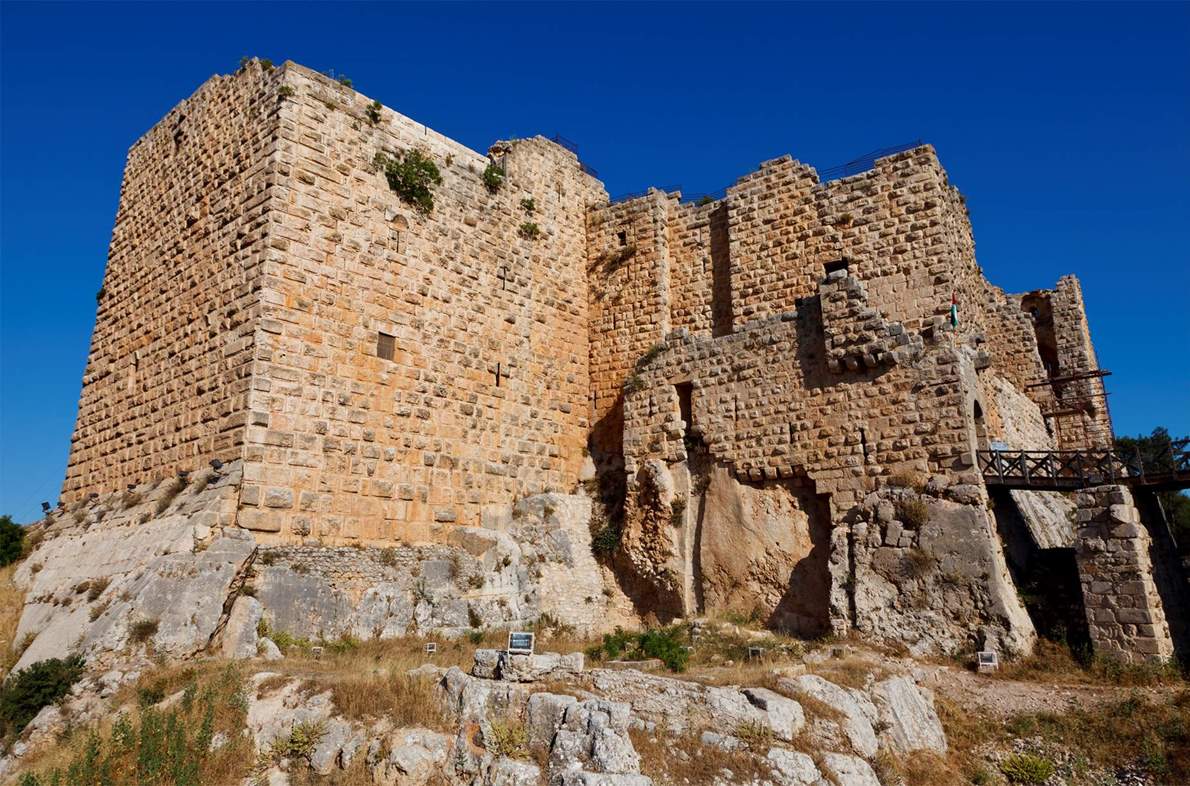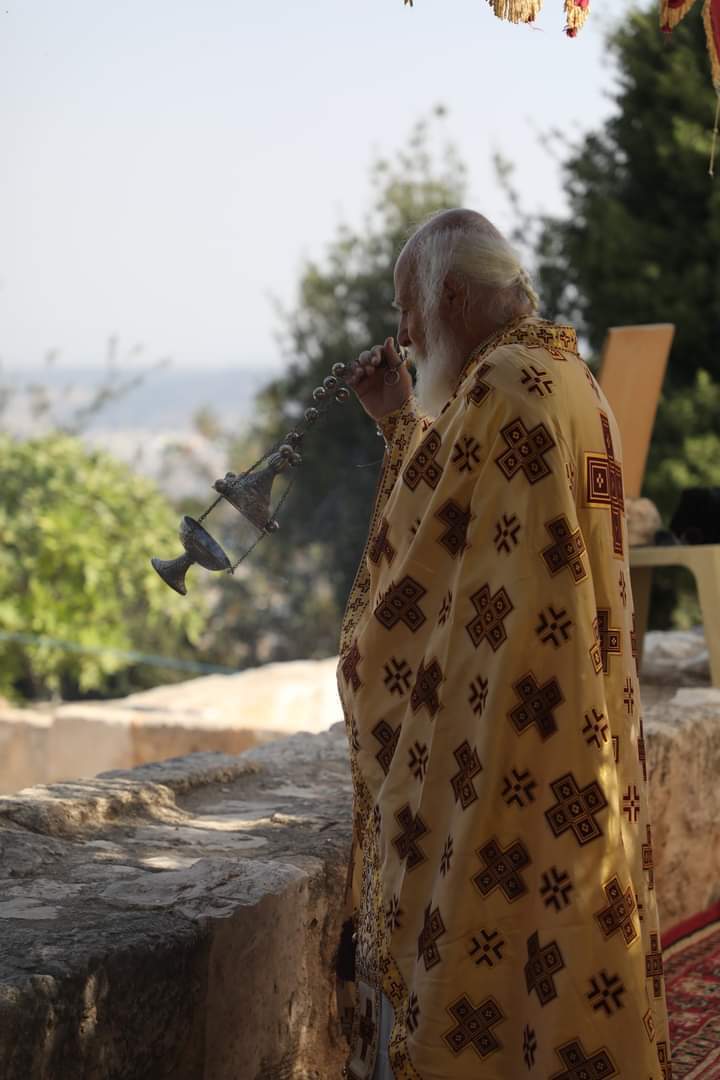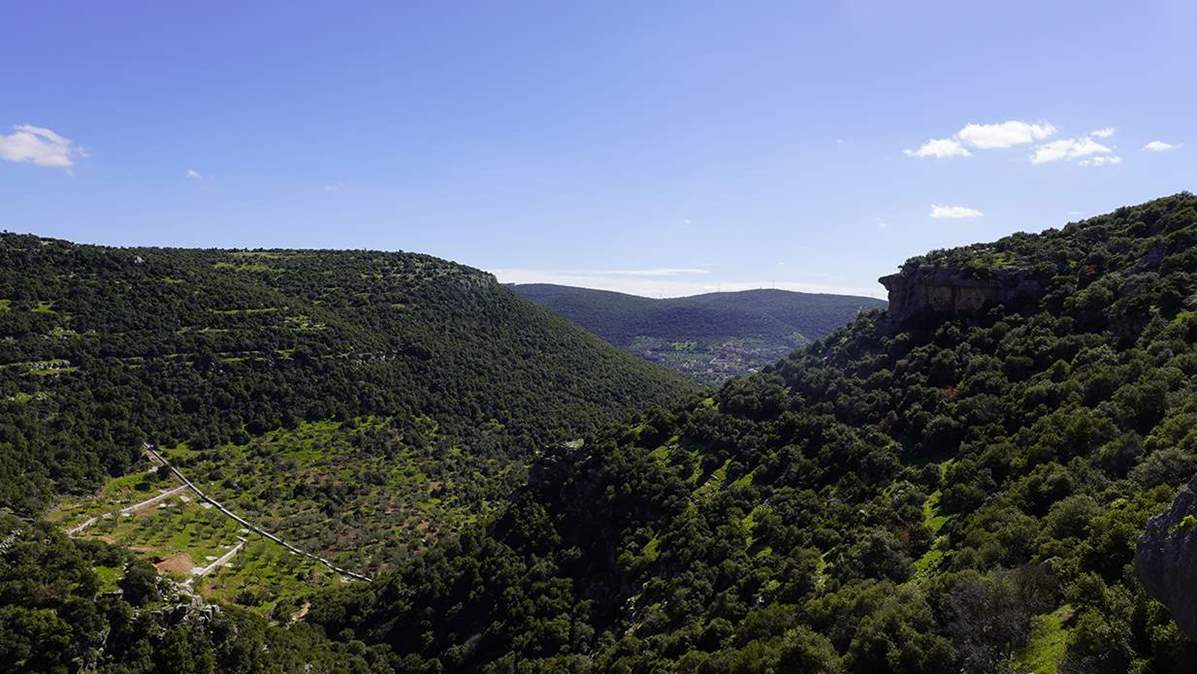JERASH — In terms of nature and landscape, Jordan is not just
a desert landscape as some typically imagine. The country’s northwest consists
of highlands covered with natural forests of pine and oak and scattered towns
and hamlets dotting the landscape in between.
اضافة اعلان
One such are, the governorate of Ajloun, is situated 76km
north of
Amman and provides a remarkable variety of history and natural
attractions that can diversify any trip to Jordan.
Most of the time, visitors only pass through Ajloun as part
of a day excursion to the north of Jordan, which includes sites such as Jerash
and Umm Qais; however, for a complete experience, each site deserves more than
a single day’s visit.
As for historical sites, Ajloun is unjustly famous for its
crusade-time’s castle; however, the governorate has much more of distinctive
archaeological places that worth visiting.
The castle
Ajloun Castle is one of the most preserved monuments in the
Levant from the middle-ages. It was built by Saladin’s general Izz Al-Din Usama
in 1184AD on a hilltop known as Jabal Auf in order to control the wadis that
ascend from the Jordan Valley.
 Ajloun Castle, one of the best preserved sites from the
middle ages, is pictured in Ajloun Governorate in this undated photo. (Photos:
Handouts from Jordan Tourism Board)
Ajloun Castle, one of the best preserved sites from the
middle ages, is pictured in Ajloun Governorate in this undated photo. (Photos:
Handouts from Jordan Tourism Board)
Nowadays, the castle provides a panoramic view that includes
the
Jordan Valley, the West Bank, and Mount Hermon in Syria and Lebanon.
Pilgrimage sites
The area also contains a number of pilgrimage sites such as Mar
Elias and Our Lady of the Mount located in the town of Anjara.
 Clergy from the Orthodox Church perform mass at Mar Elias,
which is associated with the Prophet Elijah, in this undated photo. (Photo:
Handout from Jordan Tourism Board)
Clergy from the Orthodox Church perform mass at Mar Elias,
which is associated with the Prophet Elijah, in this undated photo. (Photo:
Handout from Jordan Tourism Board)
These are two of five Christian pilgrimage sites in the
Kingdom that were designated during the visit of
Pope John Paul II in 2000.
The area of Mar Elias has a number of archaeological
attractions all associated with Prophet Elijah.
The Orthodox Church holds a mass at the
archaeological site of Mar Elias annually.
Additionally, in the town of Ajloun’s center, stands one of
the oldest continuously used mosques in Jordan with a remarkably tall minaret.
According to an inscription, the mosque was built in 1247AD during the Ayyubid
era.
Exploring nature
Alongside the historical attractions, visitors can enjoy
nature and accommodations at Ajloun’s Forest Reserve with activities and hikes
facilitated by reserve’s visitor center.
 A forested valley overlooks a town in Ajloun Governorate in
this undated photo. (Photo: Jason Ruffin/Jordan News)
A forested valley overlooks a town in Ajloun Governorate in
this undated photo. (Photo: Jason Ruffin/Jordan News)
One of the trails area’s trails also includes a visit to
three local shops that showcase and sell food, fabrics adorned in Arabic
calligraphy, and soap all made by local women societies.
Near the reserve, His Majesty King Abdullah laid the
cornerstone for the Royal Academy for Nature Conservation, which was later
inaugurated by HRH Crown Prince Hussein.
The academy was the first specialized academy for training people
on the protection of nature and sustainable development in the Arab World.
According to the academy’s website, it aims to train around
100 people a year to meet expected market demands in sustainable development,
eco-tourism, and environmental-related fields.
In cooperation with EU’s organizations and the USAID, the Ministry
of Tourism has also established Rasoun Trail, a 37km line that includes several
historical sites, hostels, restaurants, and panoramic views.
For those already interested in the Kingdom’s
country-spanning Jordan trail, there is a section of the trail that begins at
Ajloun castle and ends at Khirbet Al-Souq. Of course, if you’re feeling a bit
more ambitious you can always hike the trail through and walk from Jordan’s
highlands to the sea and the port of Aqaba.
Read more Lifestyle



